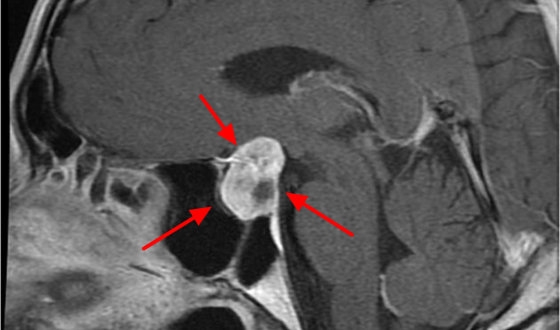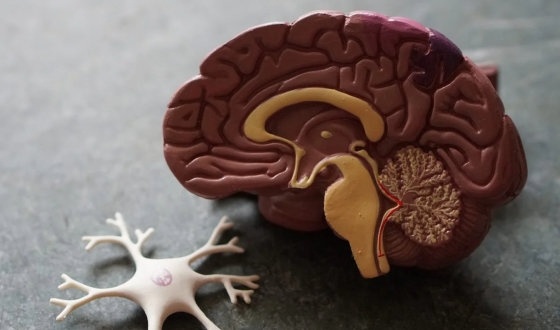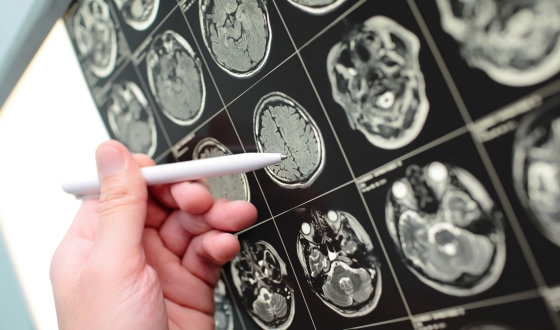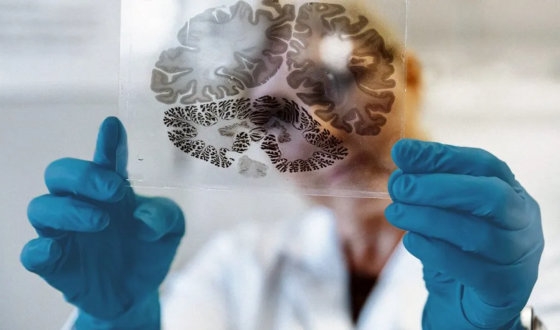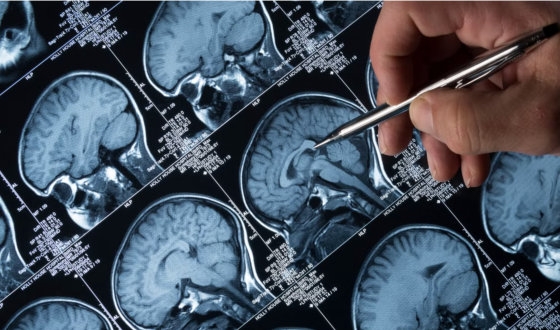Disease guides
Our team prepared a quick overview of the most prevalent health issues. As a result, disease outlook, diagnosis, standard therapy, new treatment solutions and statistics are structured in one place.
Articles
Quick informational support on hot topics.
Disease guides
An intuitive map on the most current health issues.
Treatment guides
The latest treatment approaches in one place.

Pituitary Gland Tumor Guide
Every sixth primary brain tumor is a pituitary gland tumor. About 25% of people don't know they have small tumors in their pituitary glands. 94 of 100 pituitary adenomas removed surgically were treated only with the operation. 97% of people with a diagnosis of pituitary gland tumor will live for at least five years.
Cerebral palsy guide
Cerebral palsy (CP) is a neurological disease caused by damage to the brain that affects movement and coordination. Cerebral palsy is a long-lasting condition that develops before, during, or shortly after birth and is the most common cause of disability in childhood.
Brain Cancer Guide
Due to the American Cancer Society, there is less than a 1% chance that a person will get brain cancer in their lifetime. Tumors in the brain kill more women under 35 than breast cancer and more men under 45 than prostate cancer. Since 1975, the chance of living five years after a malignant brain tumor went from 23% to 36%.
Brain Tumour Guide
About seventy percent of brain tumors are benign. The 5-year survival rate for benign brain tumor patients is approximately 95%. 30% of all primary brain tumors are meningiomas; the most prevalent are benign. The incidence of benign brain tumors increases with age; the highest is in older than 60 years.
Brain (Cerebral) Atrophy Guide
Starting at age 40, people's brains slowly shrink, losing about 5% of their size every ten years. Brain atrophy has affected relationships and daily life in 60% of patients. 27% to 42% of people treated for alcoholism might have cerebellum degeneration, a type of brain shrinkage.
Alzheimer's Disease (AD) Guide
Alzheimer's causes about 60–70% of all dementia cases worldwide. Age is the biggest risk factor for Alzheimer's: more than 30% of 85+ have it. One-third of seniors die because of Alzheimer's or another form of dementia. After a diagnosis of Alzheimer's, life expectancy is 4–8 years, but it could be as long as 20 years.
